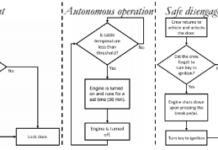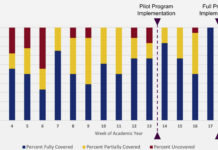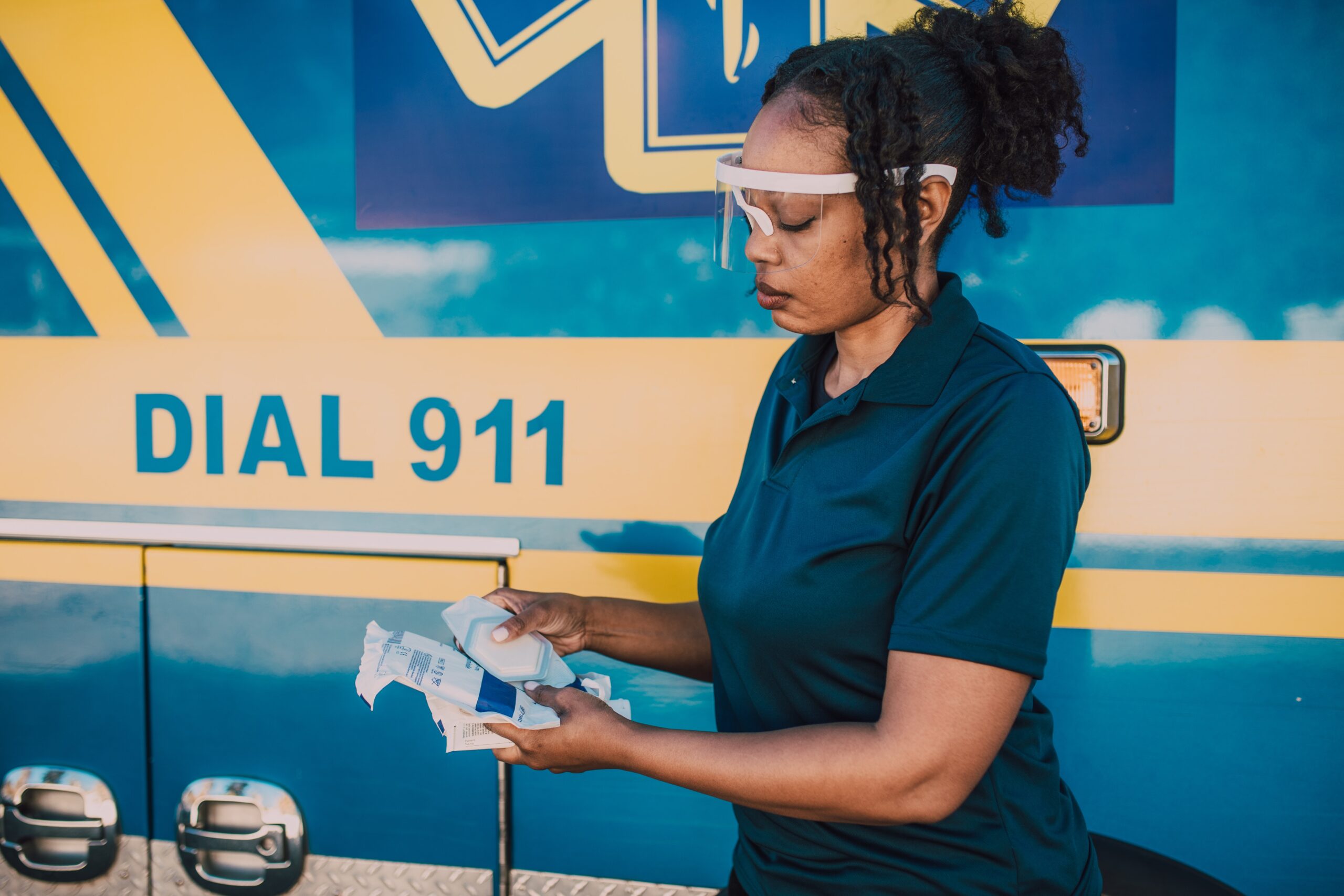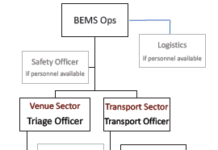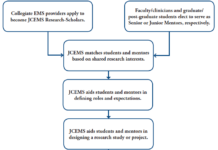A Low-Cost Ambulance Idle Reduction System
Massachusetts Institute of Technology (MIT) EMS proposes a simple, automated system design that constantly monitors the temperature in the patient compartment, and only starts the vehicle engine and heating system temporarily when the temperature falls below a preset threshold in the cabin. MIT EMS estimates that their system can reduce the vehicle’s idling fuel consumption and engine run time by about 85%.
Tackling Barriers to Seeking Emergency Care
To encourage care-seeking behavior, collegiate EMS leaders spearheaded the development and implementation of a medical amnesty policy.
Development of an Excel-Based Software Solution to Collegiate EMS Shift Scheduling & Placement
The University of Pennsylvania Medical Emergency Response Team created a Microsoft Excel-based software system to schedule providers for shift coverage.
Checklists Improve EMS Documentation
Alatis et al. found that a quality improvement (QI) project focused on documentation via checklists can improve the inclusion of key documentation criteria on electronic patient care reports (ePCRs) in a collegiate-based EMS system.
2024 Conference Academic Poster Session Posters
Posters from the Academic Poster Session at the 2024 Annual National Collegiate Emergency Medical Services Foundation Conference
Call to EMS Research: Disparities in Recruitment and Retention of Black Providers is an...
Hutchens discusses the need for further research into the issue of recruitment and retention of Black EMS providers.
Creating a Protocol for Campus EMS Response to Mental Health Complaints
The authors share their experience with developing a mental health response framework for their collegiate EMS service.
Optimizing Collegiate EMS Resources During Major Events
Brown EMS (BEMS) provides primary medical coverage at Spring Weekend (SWE), an annual outdoor concert drawing 6,000 attendees per day. By increasing its resources to include ground details and an additional ALS ambulance, BEMS aims to increase venue capacity, optimize response, and limit mutual-aid requirements.
From Volunteer Student Organization to Official Division of a University Department
Student Emergency Medical Services (SEMS) at Arizona State University (ASU) began as a student-run volunteer organization in 2008.
The JCEMS Research Mentorship Program
JCEMS developed a Research Mentorship Program to build research capacity in the collegiate EMS community.

